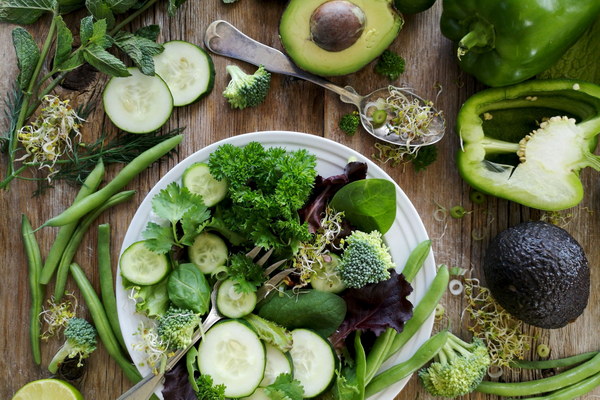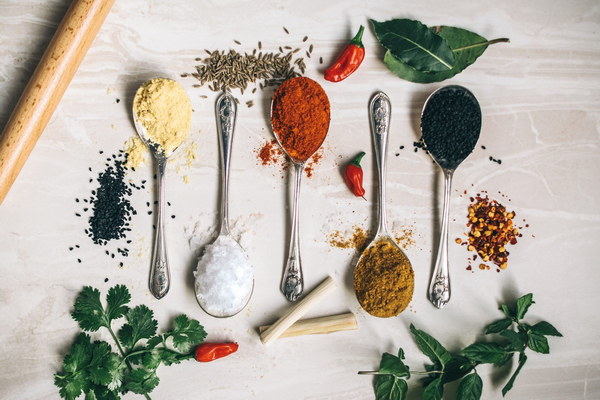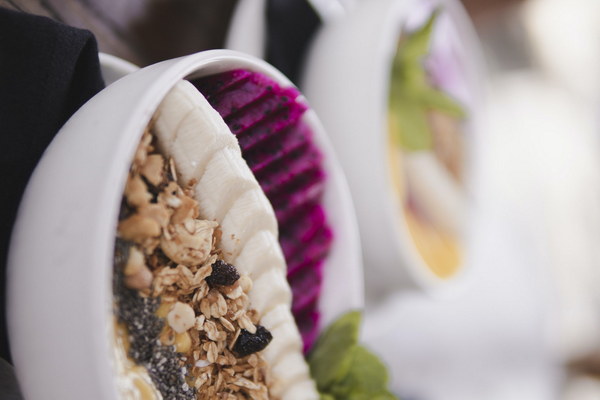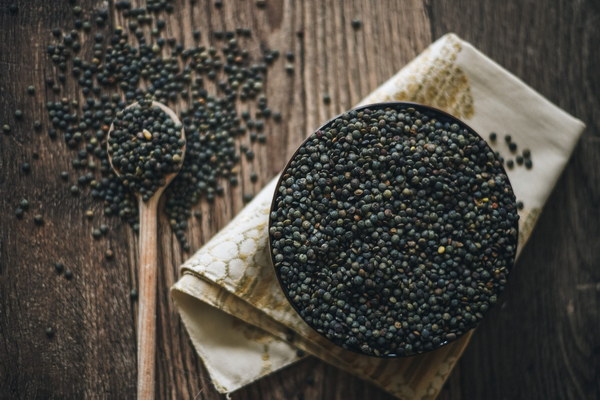Nourishing the Lungs When the Spleen and Stomach are Deficient in Cold A Comprehensive Guide
Introduction:
In traditional Chinese medicine, the health of the lungs is closely connected to the functioning of the spleen and stomach. When these organs are deficient in cold, it can lead to various respiratory issues. In this article, we will explore how to nourish the lungs when the spleen and stomach are deficient in cold, providing you with a comprehensive guide to promote your overall well-being.
1. Understanding Spleen and Stomach Deficiency in Cold:
The spleen and stomach are responsible for transforming and transporting nutrients, which are essential for maintaining the body's energy and immunity. When these organs are deficient in cold, they fail to provide adequate nourishment, leading to weakness and coldness in the body. This deficiency can manifest as a weakened immune system, easy fatigue, and respiratory problems such as cough, cold, and asthma.
2. Diet for Nourishing the Lungs:
A balanced diet is crucial for nourishing the lungs when the spleen and stomach are deficient in cold. Here are some dietary recommendations:
a. Warm and Easy-to-Digest Foods: Incorporate warm and easy-to-digest foods such as porridge, rice, and noodles into your diet. These foods provide warmth and help strengthen the spleen and stomach.
b. Nutritious Ingredients: Include ingredients rich in vitamins, minerals, and antioxidants, such as ginger, garlic, turmeric, and ginseng. These ingredients help boost the immune system and fight off respiratory infections.
c. Avoid Cold and Raw Foods: Reduce the intake of cold and raw foods, such as ice cream, cold drinks, and salads. These foods can further weaken the spleen and stomach, exacerbating respiratory issues.
3. Herbs and Supplements:
In addition to dietary adjustments, incorporating certain herbs and supplements can help nourish the lungs and alleviate symptoms of spleen and stomach deficiency in cold.
a. Astragalus (Astragalus membranaceus): This herb is known for its immune-boosting properties and is often used to strengthen the spleen and stomach.
b. Codonopsis (Codonopsis pilosula): Codonopsis is another herb that can help improve the immune system and support the spleen and stomach.
c. Chinese Skullcap (Scutellaria baicalensis): This herb has anti-inflammatory properties and can help alleviate respiratory issues such as cough and asthma.
4. Lifestyle Modifications:
Adopting a healthy lifestyle can further enhance the effectiveness of dietary and herbal remedies.
a. Regular Exercise: Engaging in regular physical activity can improve lung capacity, enhance immunity, and promote overall well-being.
b. Adequate Sleep: Ensuring sufficient sleep allows the body to repair and rejuvenate, strengthening the immune system.
c. Stress Management: Stress can weaken the spleen and stomach, leading to a worsened deficiency. Practice stress-reducing techniques such as meditation, deep breathing exercises, and yoga.
5. Acupuncture and TCM Treatments:
Acupuncture and other traditional Chinese medicine (TCM) treatments can help balance the body's energy and address the root cause of spleen and stomach deficiency in cold.
a. Acupuncture: Acupuncture points related to the spleen, stomach, and lungs can be stimulated to promote energy flow and alleviate symptoms.

b. Cupping: Cupping is a TCM technique that involves placing cups on the skin to create suction, which can help relieve congestion and improve lung function.
Conclusion:
Nourishing the lungs when the spleen and stomach are deficient in cold requires a holistic approach that includes dietary adjustments, herbal remedies, lifestyle modifications, and TCM treatments. By incorporating these strategies, you can strengthen your immune system, alleviate respiratory issues, and improve your overall well-being. Remember to consult with a healthcare professional or TCM practitioner before starting any new treatment or making significant changes to your lifestyle.









